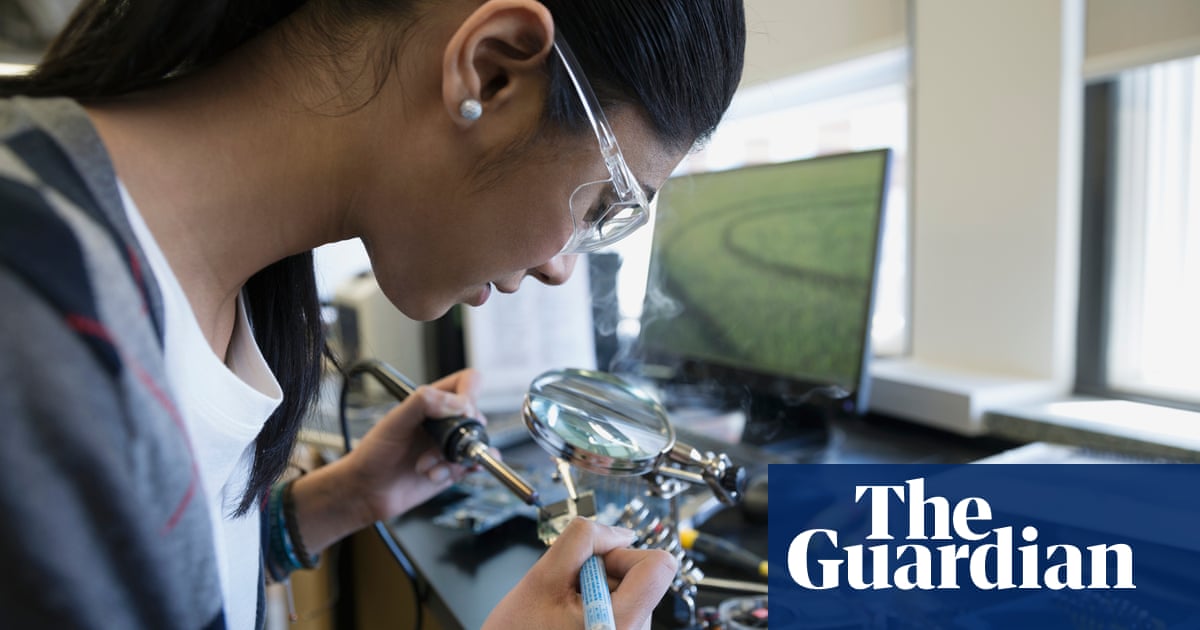
When technology breaks, it's easy to ditch a fancy toy for a new model.
Experts are hoping to challenge the status quo by launching a citizen science project to explore attitudes to repair and find areas in the UK where the mending mindset is thriving.
The Big Repair Project was created in the wake of campaigns to reduce the amount of electrical and electronic waste produced each year, as well as the environmental impact of new products, by ensuring that consumers can fix broken or damaged products.
Most products ended up being put on the market with no real viable route to repair, according to Prof Mark Miodownik of University College London, who is leading the project.
New laws were passed in the UK last year that means spare parts must be made available for a number of household items, including washing machines and TVs, and stay available for up to 10 years.
Microsoft and Apple have recently announced plans to allow consumers to repair their own tech.
The direction of travel is clear from an environmental perspective and from a market perspective.
There has been some resistance.
Some manufacturers argued at a recent Roundtable event hosted by the Royal Academy of Engineering that storing spare parts without trying to sell them is not necessarily in a company, that people could be injured attempting repairs, and that the approach may make it harder to protect intellectual property.
Some manufacturers said they were waiting for customer demand to produce products with a lower environmental impact.
Laura Selten, of the appliance manufacturer Beko, said that keeping products in use by increasing their longevity and repairability was one of the key ways to minimize products' carbon footprint.
She said that the cost of new appliances was closer to that of repairing old ones.
Consumers tend to pay more attention to the price, function and aesthetic of the appliances than they do to the repairability of the appliances, she said.
The citizen science project wanted to find out if the public really cared about being able to repair products.
Participants in the Big Repair Project will be asked to complete a survey about how important it is to be able to repair different appliances, gadgets and tech, as well as how long they would typically expect such items to last.
The team will collect partial postcode data to gather information on when items break, as well as how much the process cost, allowing researchers to gather data on whether there are repair hot spots around the country.
It is of interest to us, with the levelling-up agenda, to know if there is a repair economy that is thriving in a certain locale.
He said that they are just as interested in the stuff that people can't repair because it is too expensive to do so.
The data could give the chance to test the impact of the approach.
According to the hypothesis, repair isn't just an economic good, an environmental good, but also a social good.